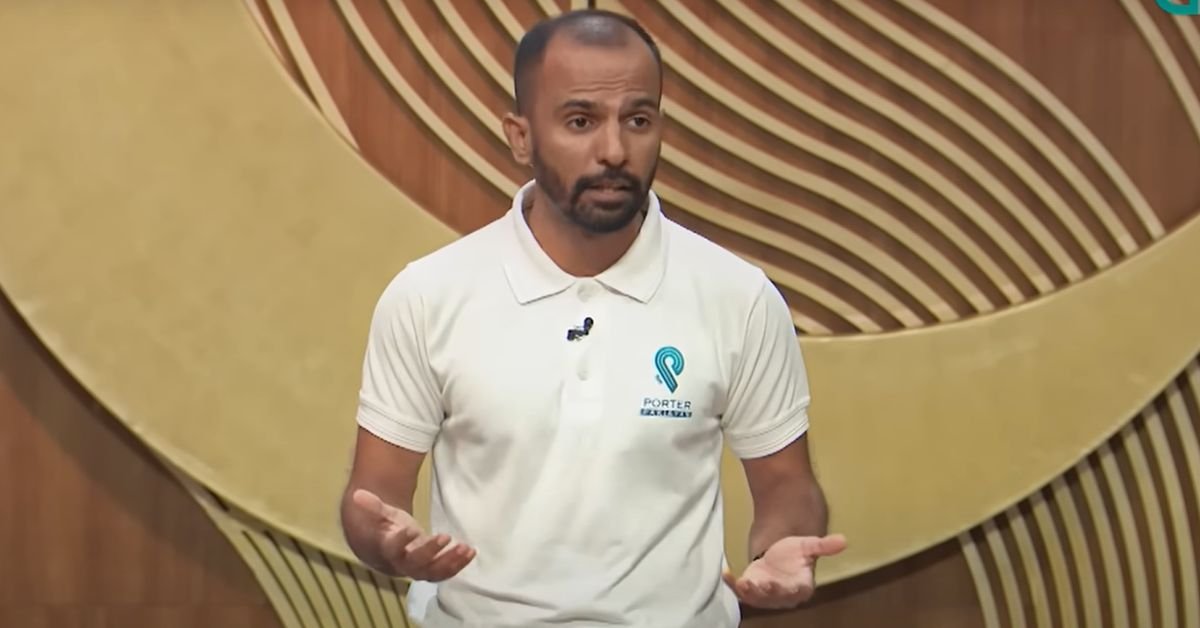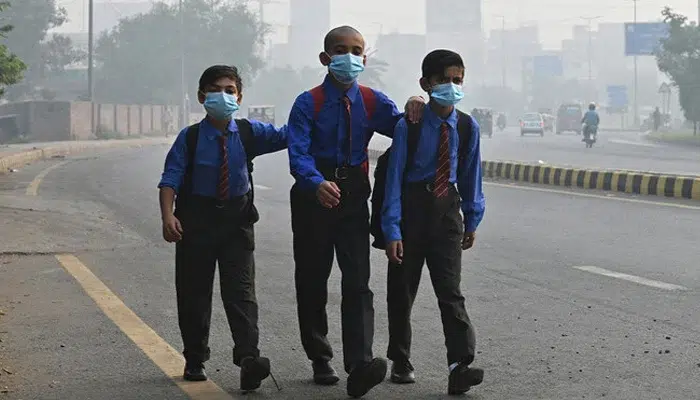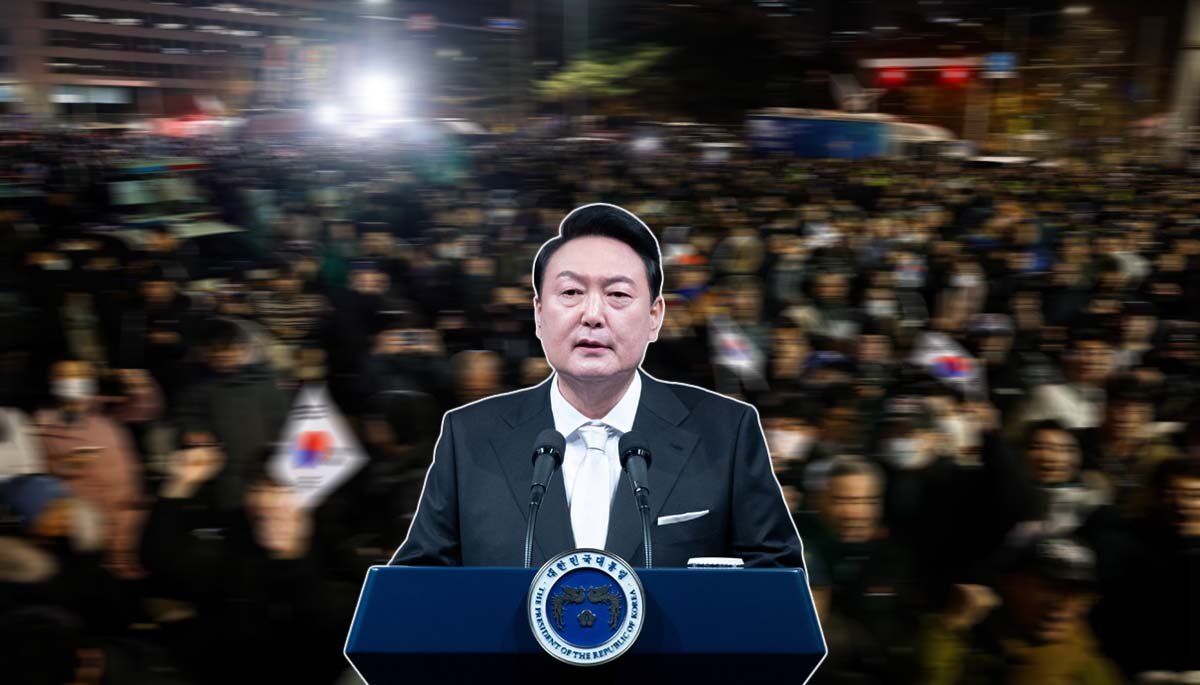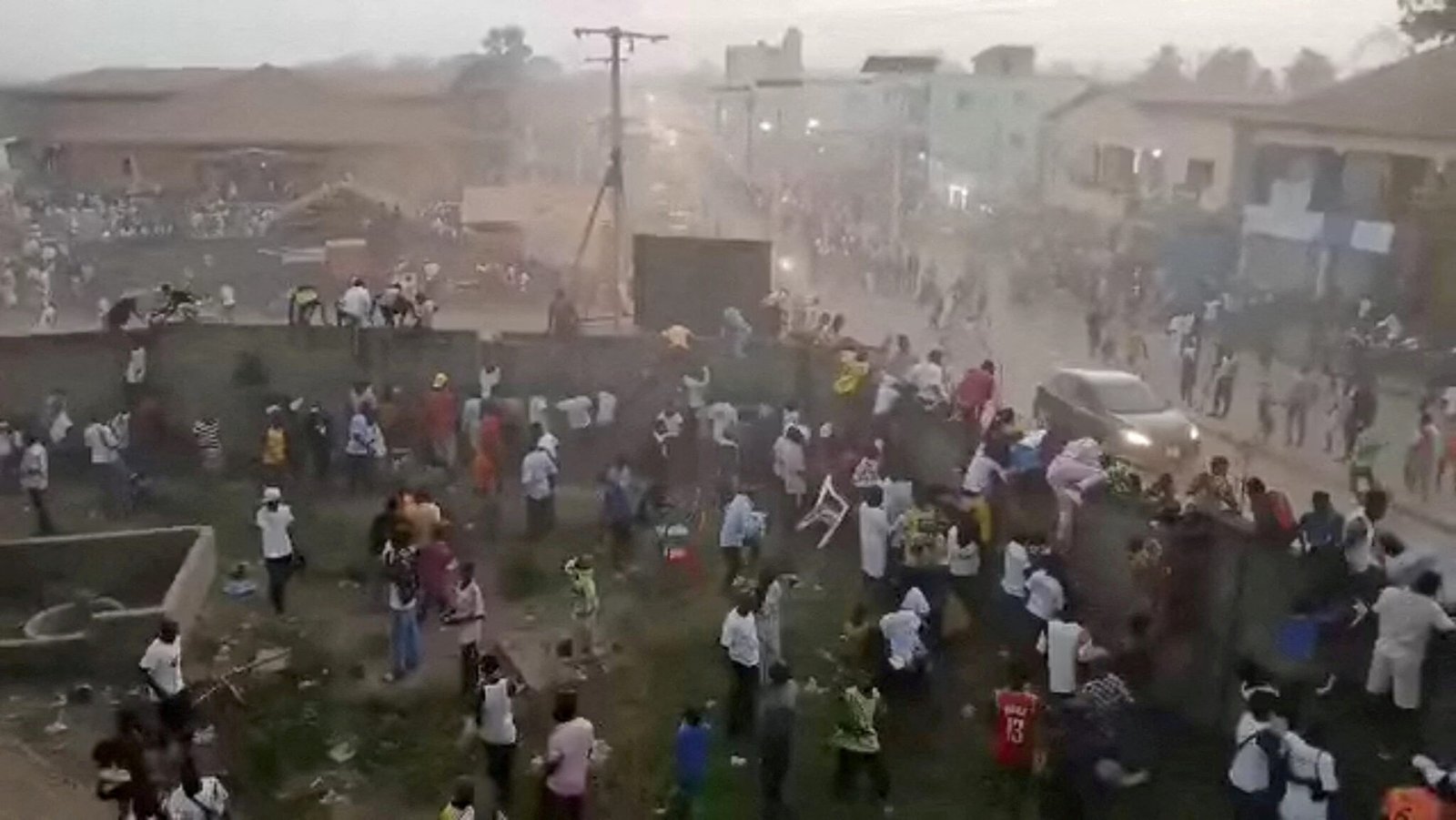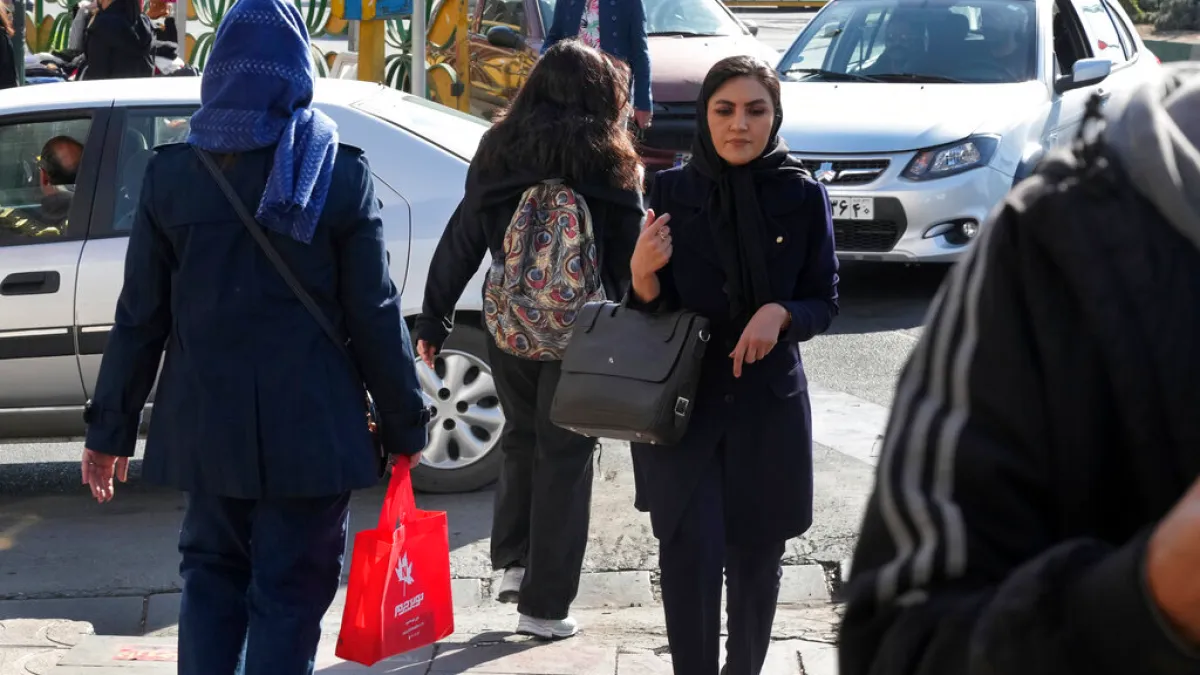WEB DESK: South Korean President Yoon Suk Yeol declared an “emergency martial law” on Tuesday, citing concerns over the opposition’s influence in parliament and alleged sympathies with North Korea.
The announcement, made during a televised address, represents a significant escalation in the country’s political turmoil.
The President, by whom, since coming to office in May 2022, the National Assembly has been dominated by the opposition, called the measure commensurate with the constitutional order protection of South Korea. Yet, the ramifications of it are unpredictable for the governance of the country and it denies stable democratic provision.
Political tensions boiling over
This declaration comes on the heels of accusations from the Democratic Party of Korea, the leading liberal opposition party, that Yoon had been preparing to declare martial law to avoid an impeachment process over stated charges of abuse of power. Opposition leader Lee Jae-myung condemned the announcement, saying it risks setting up a “perfect dictatorship” similar to South Korea’s historical experiences of living under martial law.
Yoon’s administration rebuffed these allegations, claiming them to be “engineered propaganda” directed towards “discrediting public trust;” Prime Minister Han Duck-soo promised the citizens that “no ill-minded methods would be accepted by South Koreans.” As he referred to the opposition’s claims, he labels them a mere figment of his imaginative mind.
National implications and public concerns
Moving martial law suddenly raises the question of how that would affect governance and civil liberty. The dissidents argue that such a thing just further polarizes and weakens the already weakened democratic institutions in the country.









